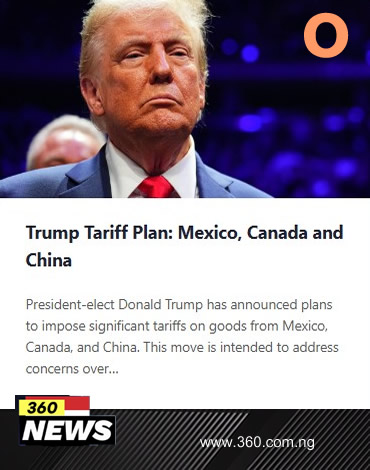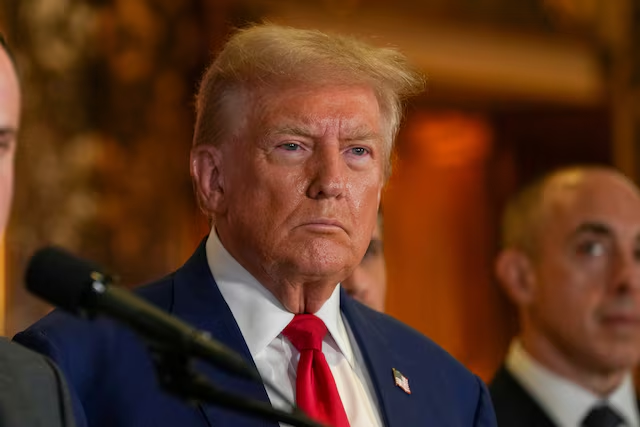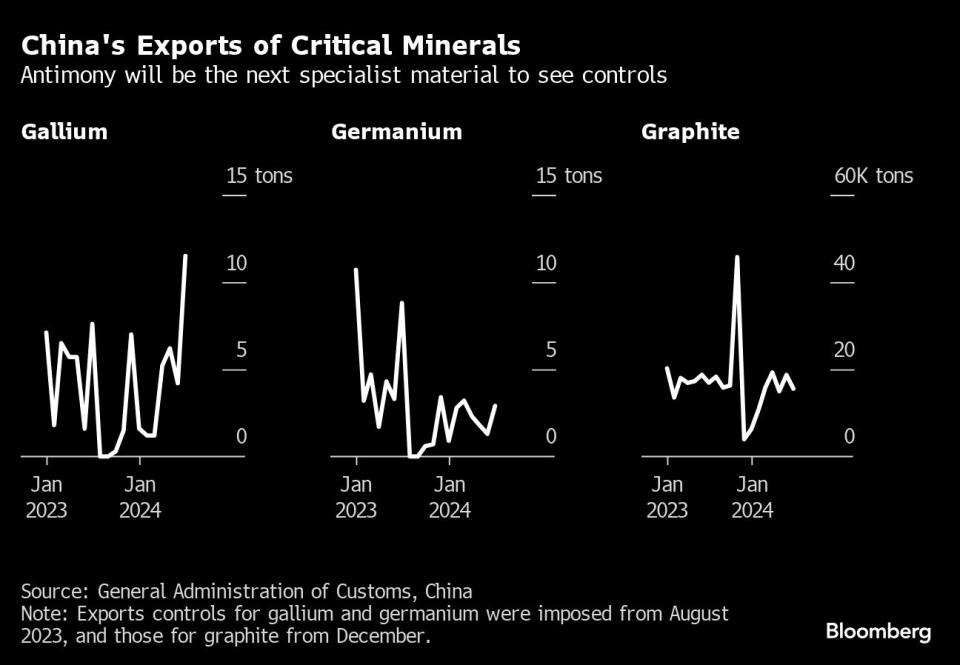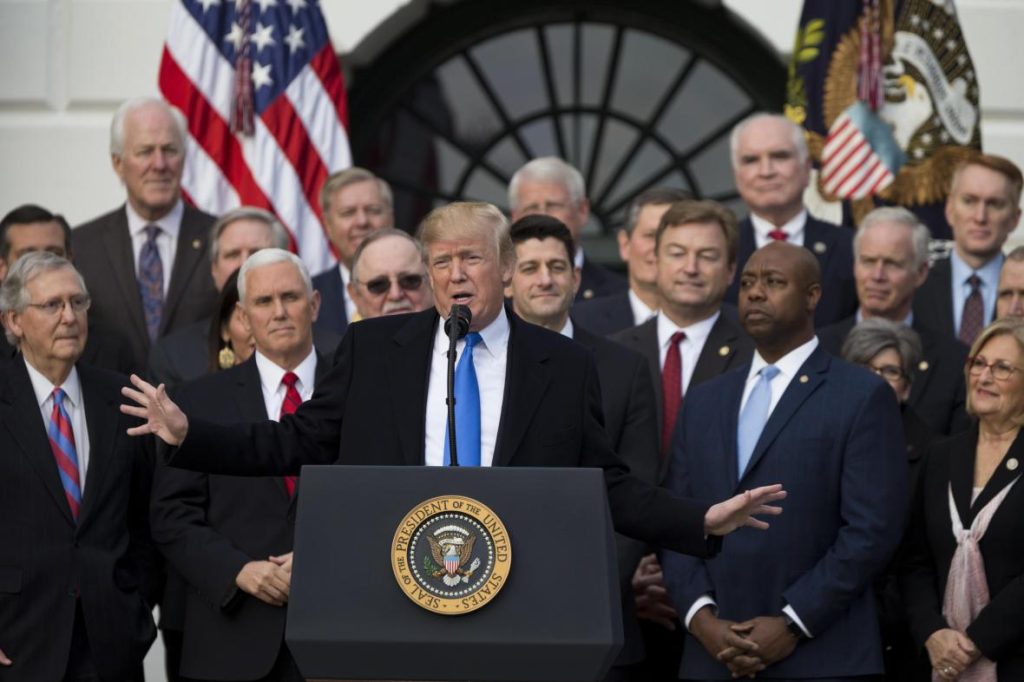Trump Tariff Plan: Mexico, Canada and China
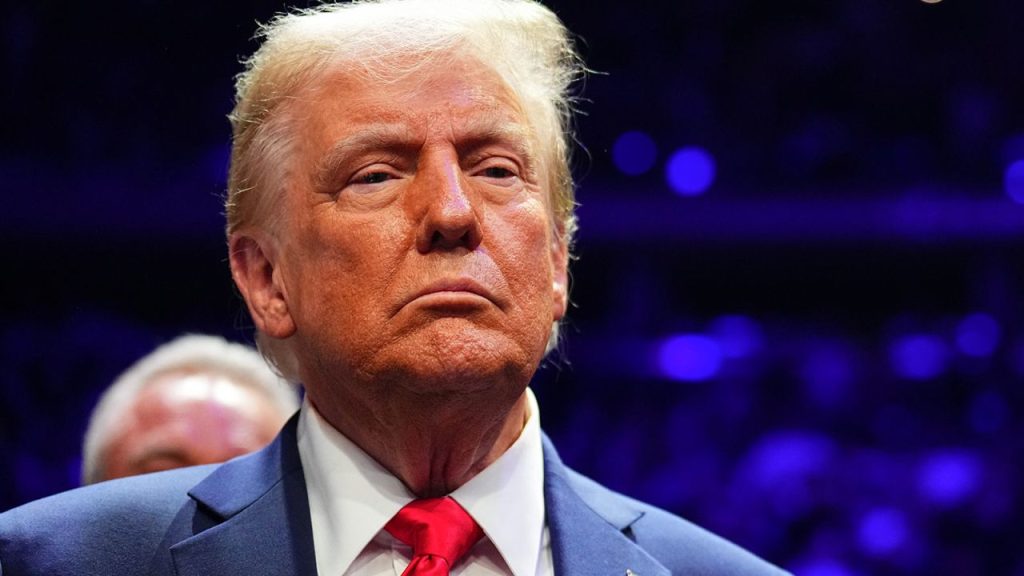
President-elect Donald Trump has announced plans to impose significant tariffs on goods from Mexico, Canada, and China. This move is intended to address concerns over illegal immigration and the flow of illegal drugs into the United States.
Trump stated that he will sign executive orders on his first day in office to implement a 25% tariff on all products from Mexico and Canada. This tariff will remain in effect until the flow of illegal drugs, particularly fentanyl, and illegal aliens stops.
Additionally, Trump plans to impose higher tariffs on Chinese goods, with an additional 10% tariff on top of existing tariffs. This move is aimed at pressuring China to prevent the flow of illegal drugs into the United States.
The proposed tariffs have sparked concerns among economists and trade experts, who warn that they could lead to higher costs for American businesses and consumers. The tariffs could also disrupt global supply chains and lead to retaliatory measures from affected countries.
The US imports a significant amount of goods from Canada, Mexico, and China. Canada is the largest supplier of oil to the US, while Mexico is a major supplier of cars, electronics, and machinery. China is a significant supplier of electronics, machinery, and textiles.
The implementation of the proposed tariffs may be complex, and could potentially violate existing trade agreements, such as the USMCA. The impact of these tariffs on the global economy and trade relationships remains to be seen.
Trump’s tariff plan is part of his broader trade agenda, which aims to promote American manufacturing and increase tax revenue. However, critics argue that tariffs are an ineffective tool for achieving these goals, and that they could ultimately harm the US economy.
The proposed tariffs have already had an impact on financial markets, with the Canadian dollar and Mexican peso falling against the US dollar. The US stock market also fell, with the Dow Jones Industrial Average down 160 points.
In response to Trump’s announcement, Chinese Embassy spokesperson Liu Pengyu stated that China has been in communication with the US about counternarcotics operations and that “the idea of China knowingly allowing fentanyl precursors to flow into the United States runs completely counter to facts and reality.”
Liu also emphasized that China believes in the mutual benefits of China-US economic and trade cooperation, and that “no one will win a trade war or a tariff war.”
Canadian officials also responded to Trump’s announcement, stating that Canada places the highest priority on border security and the integrity of its shared border with the US. They also emphasized the importance of US-Canada trade relations, particularly in the energy sector.
The impact of Trump’s tariff plan on US trade relationships with Canada, Mexico, and China remains to be seen. However, it is clear that the proposed tariffs have already sparked significant concern and uncertainty among economists, trade experts, and financial markets.
As the Trump administration prepares to implement its tariff plan, it is likely to face significant opposition from affected countries, as well as from some lawmakers and business groups in the US. The outcome of this policy remains to be seen, and its impact on the global economy will likely be closely watched.
Picture News
